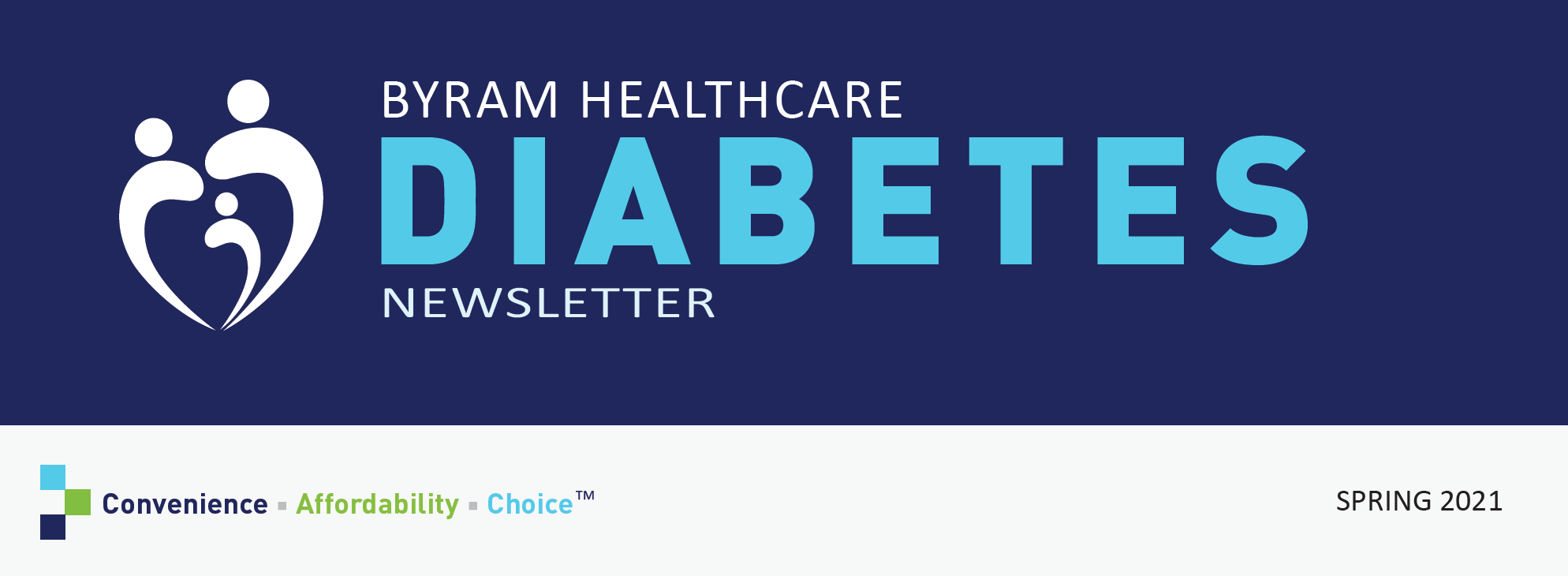
QUESTION:
Dear Dana,
I know that drinking alcohol in moderation is not considered to be an unhealthy habit. But, I have always wondered how alcohol impacts my diabetes management? I like to have a glass of wine with dinner and perhaps a few cocktails when out with friends (while socially distancing, of course). What is the final word on diabetes and drinking alcohol?
– Jeremy Mills, Atlanta Georgia
ANSWER:
Jeremy,
This is a great question and one that is not always discussed at routine endocrinology appointments.
Before we dive into the diabetes management strategies when drinking alcohol, we need to discuss the way alcohol is metabolized in your body.
When there is no alcohol in your body, your liver keeps glucose from going too low by releasing glucose into your bloodstream.
When there is alcohol in the bloodstream, the liver stops releasing this glucose into your blood. This is because your liver is busy breaking down the alcohol and stops releasing this glucose.
Can you already guess how this might cause a change in your blood glucose levels? You would be correct to think that it can cause a low blood sugar from this missed glucose from your liver. So, when drinking alcohol, you may want to adjust your insulin or other medications to counter this potential drop in your blood sugar.
However, your blood sugar could also go high after drinking alcohol. Cocktails mixed with sugary beverages can have high amounts of carbohydrates. A margarita, for example, can have as much as 70 grams of sugar. Even beer and wine can have a significant amount of carbohydrates that can raise your blood sugars. Alcohol also causes your blood triglycerides (or fat) to increase. This can make your blood sugar rise for a certain amount of time after finishing a cocktail or glass of wine. Alcohol is released into your bloodstream 30 to 90 minutes after drinking. For a person weighing 150 pounds, it takes about two hours to break down the alcohol in one drink. For two drinks, it takes closer to four hours. So, you may see a higher blood sugar during that time based on these triglycerides in your bloodstream.
But, drinking alcohol in moderation can be part of your diabetes. Moderation is defined as having one to two drinks per day. It is also best to enjoy drinking alcohol only when your diabetes management is under control. If you tend to have low blood sugars when drinking alcohol, you want to pair drinking with a meal or snack and adjust your insulin and other medications. Alcohol can also cause a delay in reaction time for treating a low blood sugar or adjusting insulin. Be sure to have a plan for your alcohol intake so that you are safely able to manage both high and low blood sugars. Testing often can help you notice patterns and develop a plan. It is also important to remember that signs of being drunk can also be symptoms of a low blood sugar. Be sure to let family and friends know how to check your blood sugar or know how to treat a low blood sugar. Working with your diabetes team can help you develop a strategy towards enjoying moderate alcohol intake and enjoy a glass of wine or your favorite cocktail.
Author: Dana Roseman
Original Source: https://integrateddiabetes.com/how-does-alcohol-impact-diabetes-management/
Links to Our Diabetes Newsletter Articles:
https://www.byramhealthcare.com/diabetes-newsletter-spring-2021
https://www.byramhealthcare.com/diabetes-newsletter-wild-rice-mushroom-soup-recipe
https://www.byramhealthcare.com/diabetes-newsletter-air-fryer-chicken-fajita-recipe
https://www.byramhealthcare.com/diabetes-newsletter-air-fryer-gluten-free-bagels-recipe
https://www.byramhealthcare.com/diabetes-newsletter-air-fryer-herb-and-lemon-cauliflower-recipe
https://www.byramhealthcare.com/diabetes-newsletter-sour-cream-coffee-cake-recipe
https://www.byramhealthcare.com/diabetes-newsletter-75-hard-challenge-update
https://www.byramhealthcare.com/diabetes-newsletter-multivitamins-to-use-or-not-to-use

